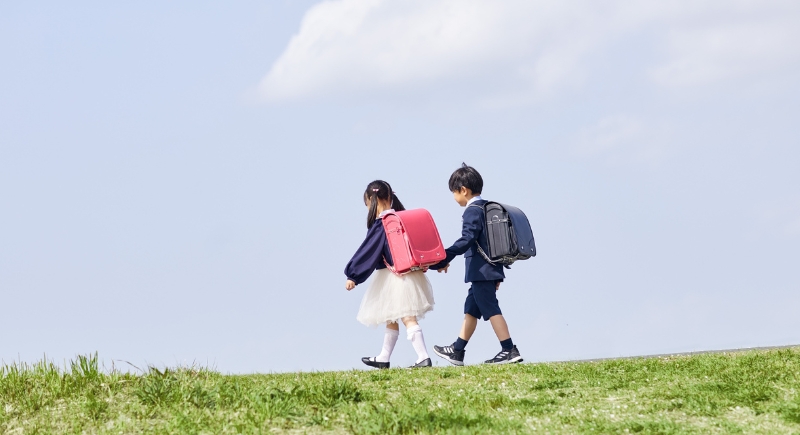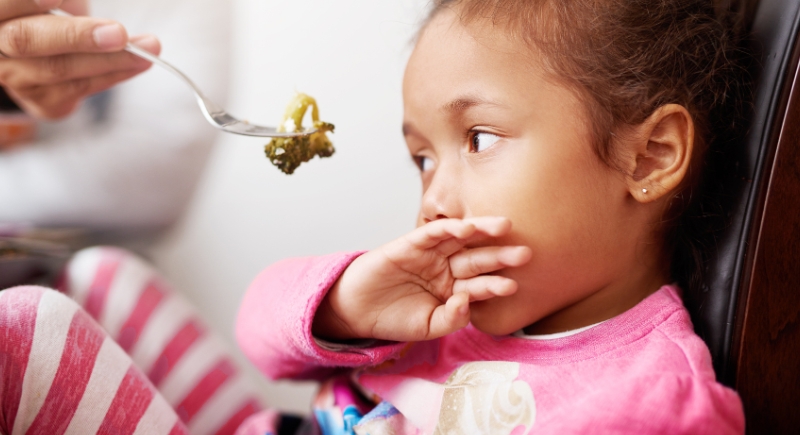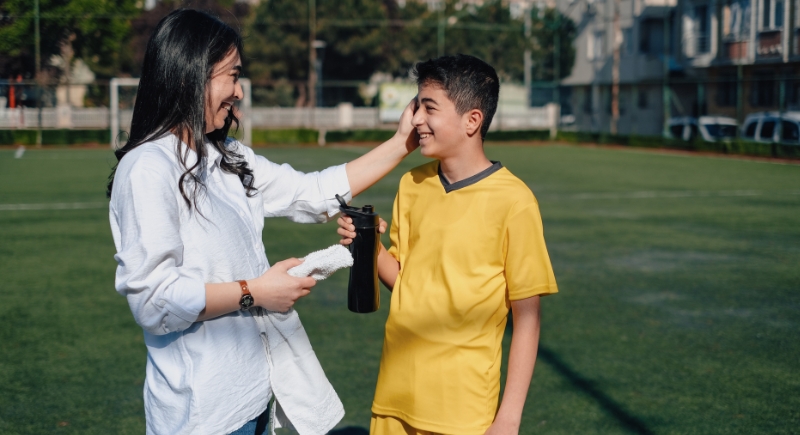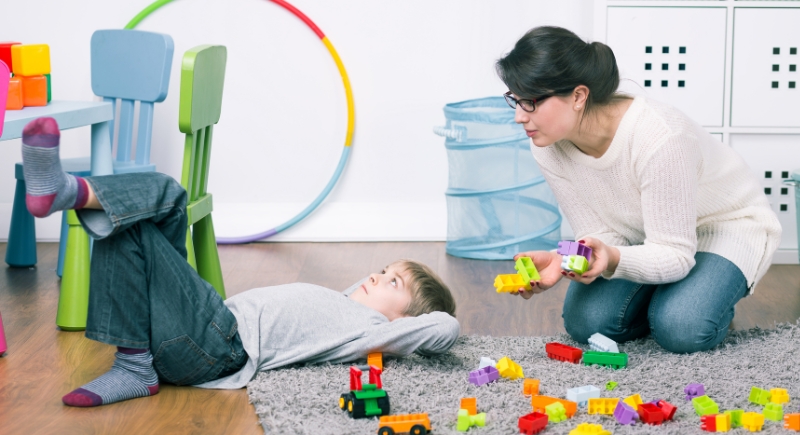10 Phrases Every Parent Said Word for Word
Across generations, parents leaned on the same short phrases to manage chaos, assert authority, or just get through the day. These sayings traveled across time, and you may have probably heard them growing up. Here are some of the most familiar lines parents used, which you might find yourself repeating without thinking.
“Money doesn’t grow on trees.”

Credit: Getty Images
You might ask for money to see a movie or buy something your parents didn’t think you needed, and this phrase would surface before you finished the sentence. Even when you spent your own, they would signal that not every purchase was wise. It worked as a directive—a reminder that money shouldn’t be thrown around and decisions around it deserved more thought than you were showing.
“Because I said so.”

Credit: iStockphoto
Hearing this felt like hitting a wall. You likely asked something reasonable, but the response gave no explanation. It left children feeling dismissed or powerless. According to a study on authoritarian parenting, children who regularly received commands without context showed lower emotional regulation and weaker communication skills.
“If your friends jumped off a bridge, would you do the same?”

Credit: pixabay
You’d try to make a case—someone else had one, someone else was allowed—and this line shut it down. Parents used this phrase to reassert authority when peer influence started to creep in. Control moved back to them, and the topic, whatever it was, usually ended right there.
“When I was your age, I had to walk x miles to school.”

Credit: Canva
Some adults spoke like they scaled mountains just to get to school—barefoot, uphill, in the snow, both ways. The point was clear: you had no right to complain. This was just a reminder that your life, however hard it felt, didn’t compare to what they endured.
“Just wait till your father gets home.”

Credit: Getty Images
For many children, that gap between mistake and consequence became more stressful than the punishment itself after hearing these words. Whatever had happened became less important than what might happen next. The wait carried its own weight—long, silent, and filled with dread. You didn’t know if there’d be yelling or just disappointment, but your body reacted like both were coming.
“There are starving kids in Africa.”

Credit: Peopleimages
Complain about dinner or push your food around, and you’d instantly be told how ungrateful you were acting. It was a warning to stop complaining, clean your plate, and remember how lucky you were. The guilt didn’t make the food taste better, but it usually made you finish.
“Be quiet.”

Credit: Getty Images
You could be mid-sentence, either saying something inappropriate or just talking too much, and suddenly be told to be quiet. Sometimes it was fair—you were being disrespectful or loud in the wrong setting. Other times, you hadn’t done anything wrong, just brought up something they didn’t want to deal with.
“Be careful.”

Credit: baseimage
Cross a busy street, reach for the stove, swing too high on the playground—and the warning came without fail. Your loved ones couldn’t always prevent you from getting hurt, but they wanted to try. It was a small signal of protection that made you realise that they were paying attention.
“Hurry up.”

Credit: aflo Images
Taking your time meant being told to hurry up, no matter how early it still was. You might’ve been dragging your feet or just not moving fast enough for their mood. Parents tended to interpret hesitation as stalling.
“Let me do that for you.”

Credit: Getty Images
Parents stepped in the moment a task seemed to lag. Often, it came from concern or a desire to protect. According to a study, over-directiveness in early tasks can limit autonomy, even when well-intentioned. The adults probably weren’t trying to undermine you, but by solving things too soon, they sometimes shortened the space where learning happened.
“We don’t do that in this house.”

Credit: Icons8 Photos
Sometimes, hearing this helped you feel secure—you knew what was okay and what wasn’t. Other times, it shut things down before you understood why something was off-limits. Depending on the moment, it either guided your behavior or left you confused, especially if you didn’t understand which rule you had broken.
“Don’t whine.”

Credit: Getty Images
Bring up a problem in the wrong tone, and this phrase landed immediately. Many children learned to hold back frustration or sadness to avoid being shut down. The issue wasn’t always the words, but the way they were said. Instead of feeling heard, you felt brushed aside. The reaction taught you that emotion could disqualify the message.
“Stop being shy. Give him a hug.”

Credit: Canva
Pressuring children into physical affection can weaken boundary-setting skills and increase social anxiety. But most parents either did not know that or chose to ignore it. When relatives arrived with expectations, adults responded by encouraging hugs, usually without asking what the child wanted.
“Be a good boy/girl”

Credit: Getty Images
Before walking into a store or sitting down at a dinner table, children were told to behave. The instruction came from experience. Some kids created chaos, knocked things over, or talked back without hesitation. When that happened, people always questioned the parenting.
“You’re fine. You’re being too emotional.”

Credit: pexels
Emotional reactions that felt too intense for the moment—tears, raised voices, visible frustration—often led to a sharp correction. Parents labeled it as overreacting, not because the feeling lacked cause, but because it made them uncomfortable. Being told to calm down or stop being emotional shifted the focus away from what happened and onto how it looked.